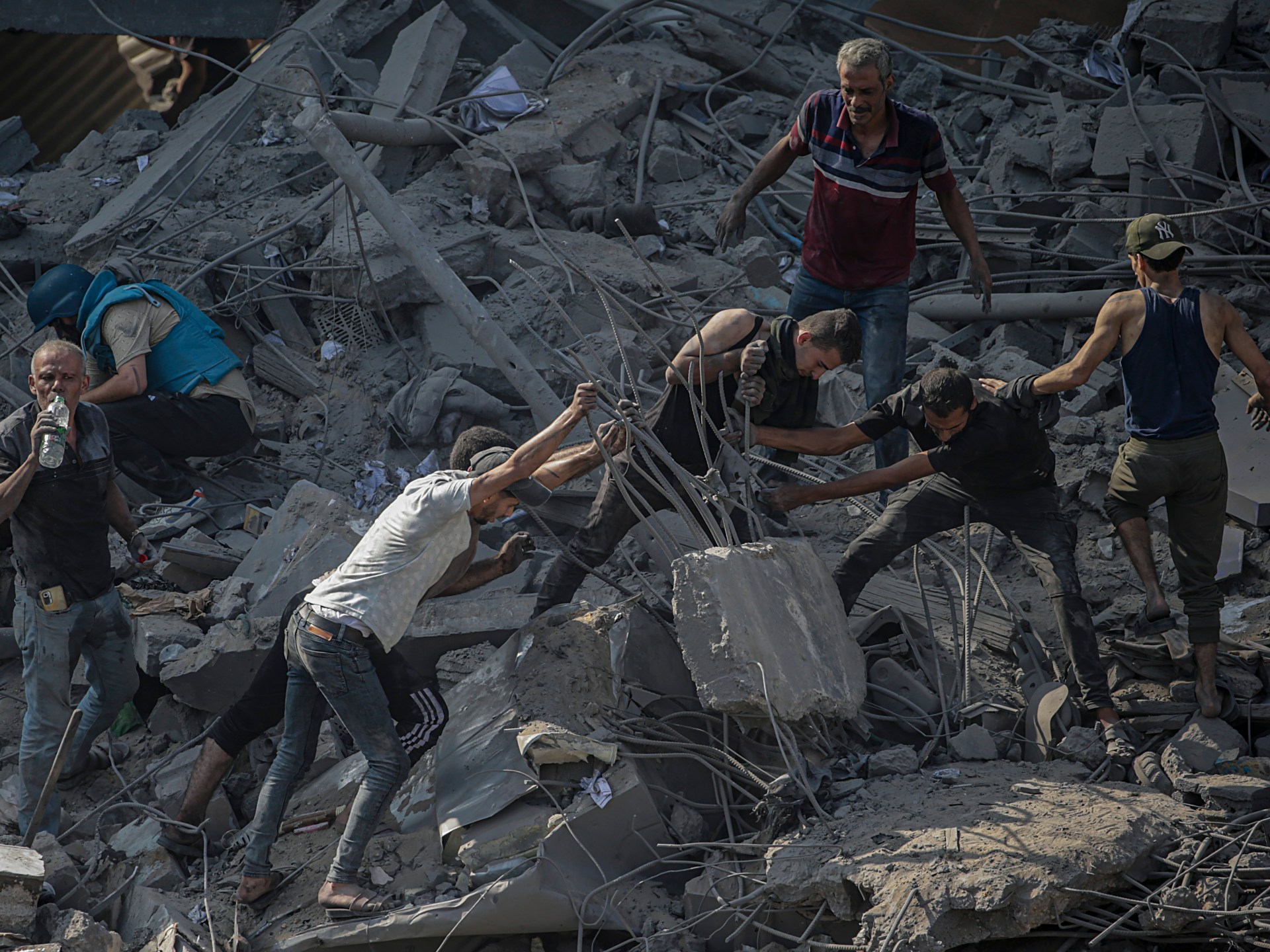
On October 27, the United Nations General Assembly passed a nonbinding resolution with overwhelming support calling for an immediate humanitarian truce between Israel and Hamas and demanding aid access to Gaza.
One hundred twenty countries voted in favour of the resolution, clearly expressing their opposition to the continuation of Israel’s siege and bombardment of Gaza, which has claimed thousands of civilian lives.
The Philippines was not one of those countries. Along with 45 others, it abstained from voting on the resolution. Instead, it acknowledged Israel’s “right to self-defence” while remaining mum on the human rights abuses and war crimes faced by Palestinians in Gaza.
Although disappointing, this was not exactly surprising. The government of the Philippines has been supporting Israel unconditionally for many decades, turning a blind eye to its many violations of international law and grave crimes against Palestinians living under its occupation.
The ties between the Philippines and Israel are as old as Israel itself. The Philippines was one of the 33 countries that voted in favour of UN Resolution 181 in 1947 to partition Palestine into two states, one Arab and one Jewish, with Jerusalem placed under a special international regime. This plan, as we all know, never materialised. But the Philippines continued to support the Israeli state and its unlawful expansion into Palestinian territories.
Israel and the Philippines established full diplomatic relationships in 1957 and signed a treaty of friendship in 1958. Manila’s support for Israel has remained robust since then. It not only never pressured Israel to cede occupied Palestinian territories but also always actively sought to protect it from international criticism. In 2017, for example, openly contradicting its 1947 position, the Philippines abstained from voting on a resolution criticising then-United States President Donald Trump’s attempt to unilaterally cement Jerusalem as the capital of Israel.
A year later, Rodrigo Duterte became the first Filipino president in history to visit Israel. Duterte had promised early in his tenure to carve out an independent foreign policy that wouldn’t automatically toe the US policy line. Yet under his administration, as exemplified in his 2018 visit to the country, the Philippines continued its unconditional diplomatic and political support for Israel on all fronts.
Today, under the administration of Ferdinand Marcos Jr, the Philippines is firmly back in the US sphere of influence, and the country’s support for Israel remains as strong as ever.
Since the October 7 Hamas attacks on Israel, in which about 1,200 people were killed and more than 200 taken captive, the Philippines repeatedly demonstrated solidarity with Israel and condemned the harm inflicted on Israeli civilians. But it did not stop there.
In line with its long-held pro-Israel position, the Philippines went beyond advocating for the human rights of Israelis and offered blind support for the Israeli government and its vengeful and objectively disproportionate attacks on Palestinian civilians in Gaza.
By showing unconditional and unquestioning support for the Israeli government and its war on Gaza, the Philippines has placed itself firmly on the wrong side of history and ended up working against its own interests.
Israel’s siege and bombardment of Gaza already has had an immense human cost, claiming more than 11,000 lives, many of them children, in just several weeks. Like all countries, the Philippines has a moral obligation not to take part in, support or in anyway condone state policies and actions that lead to thousands of deaths, widespread destruction of civilian infrastructure and mass displacement. It also has an obligation to hold all states, including its allies, to account when they blatantly violate international law. A foreign policy that does not actively demand an end to all violence in Gaza undermines these obligations and leaves the Philippines open to accusations that it is complicit in Israel’s human rights violations and alleged war crimes in Gaza.
Showing blind support for Israel is also contrary to the Philippine government’s own long-term interests.
The Philippines has first-hand knowledge of the perils of having a militarily and economically powerful neighbour that routinely disregards international law and tries to expand into the territories of surrounding smaller states. The Philippines has long been involved in territorial disputes with China and has had confrontations with Chinese ships over such issues as recently as this week.
Supporting violators of international laws and norms weakens the Philippines’ moral stance on the international stage and its calls for condemnation of China’s territorial aggression in the South China/West Philippines Sea. The Philippines cannot expect the international community to help it confront violations of international law by a neighbouring state while it is actively lending its support to similar violations by another nation.
Therefore, for reasons ranging from moral obligation to self-interest, the Philippines should revise its policies on Israel, end its unwavering support towards the Israeli government and, most importantly, adopt a foreign policy that recognises and respects the human rights of all peoples, including the Palestinians. The Philippines must acknowledge that it is wrong to kill civilians, whether they are Israelis or Palestinians, no ifs, ands or buts.
The views expressed in this article are the author’s own and do not necessarily reflect Al Jazeera’s editorial stance.